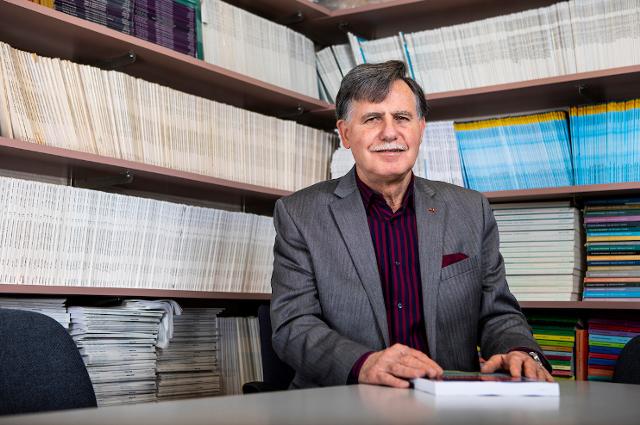-
About
-
Academics
- Physician Assistant
- Special Master’s (MBS)
-
Admissions & Financial Aid
- Tuition & Fees
-
Student Life
-
Research
- Research Labs & Centers
-
Local & Global Engagement
- Global Health Program
Breaking the Stress and Drug Abuse Connection
Neuroscientist Klaus Miczek is working on stopping the brain system that creates a craving for alcohol and drugs in times of stress

When people undergo stress, some turn to alcohol or other drugs to help them cope. Most of us, certainly, have had the experience of cracking open a beer to relax at the end of a tough day. But in cases of extreme or long-term emotional strain, some people can develop an addiction to drugs or alcohol, which can lead to a whole host of negative health effects and social problems.
For decades, neuroscientist Klaus Miczek has explored this thorny association, peering inside the brain to understand why social stress causes some people—but not others—to become unhealthily dependent on chemical substances.
“You would like to learn who is most vulnerable and who is resilient,” said Miczek, Moses Hunt Professor of Psychology and Neuroscience in the School of Arts and Sciences.
Understanding these mechanisms in the brain could lead to creation of a diagnostic tool for doctors to identify those most at risk for stress-induced drug-taking. Ultimately, it could also lead to finding targets for therapeutic drugs to break the connection between stress and drug use.
Department:
Neuroscience